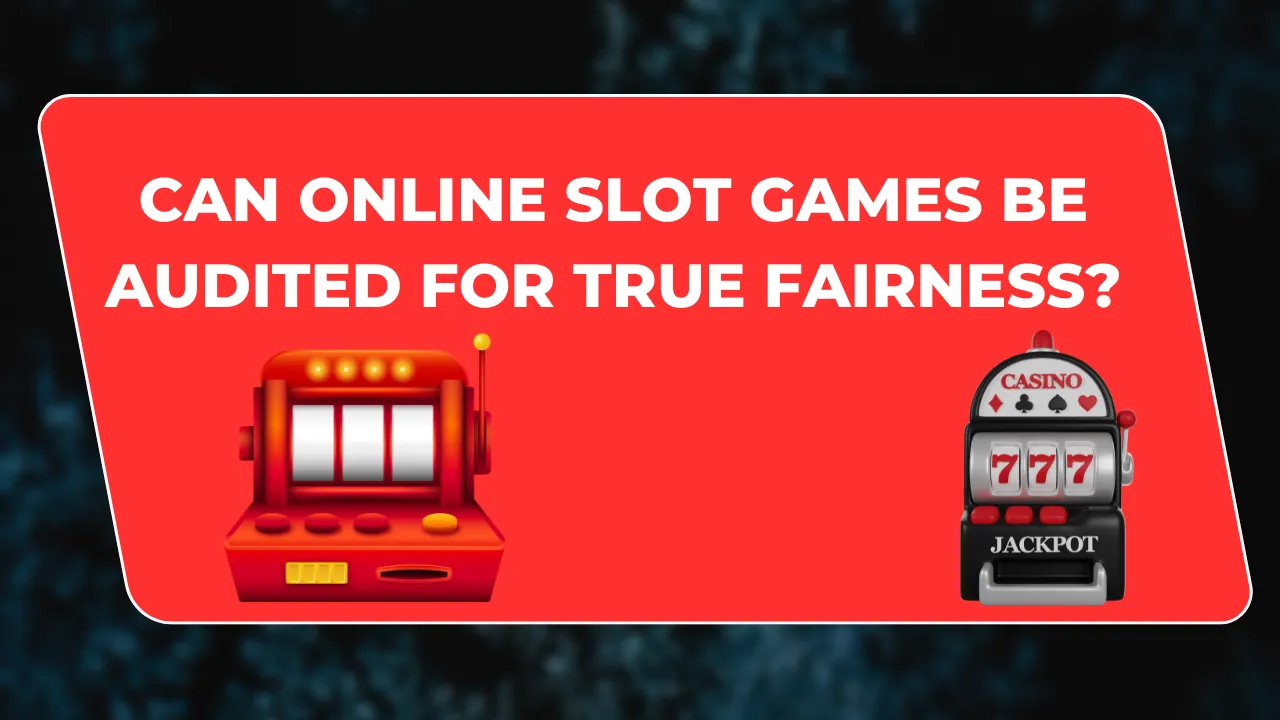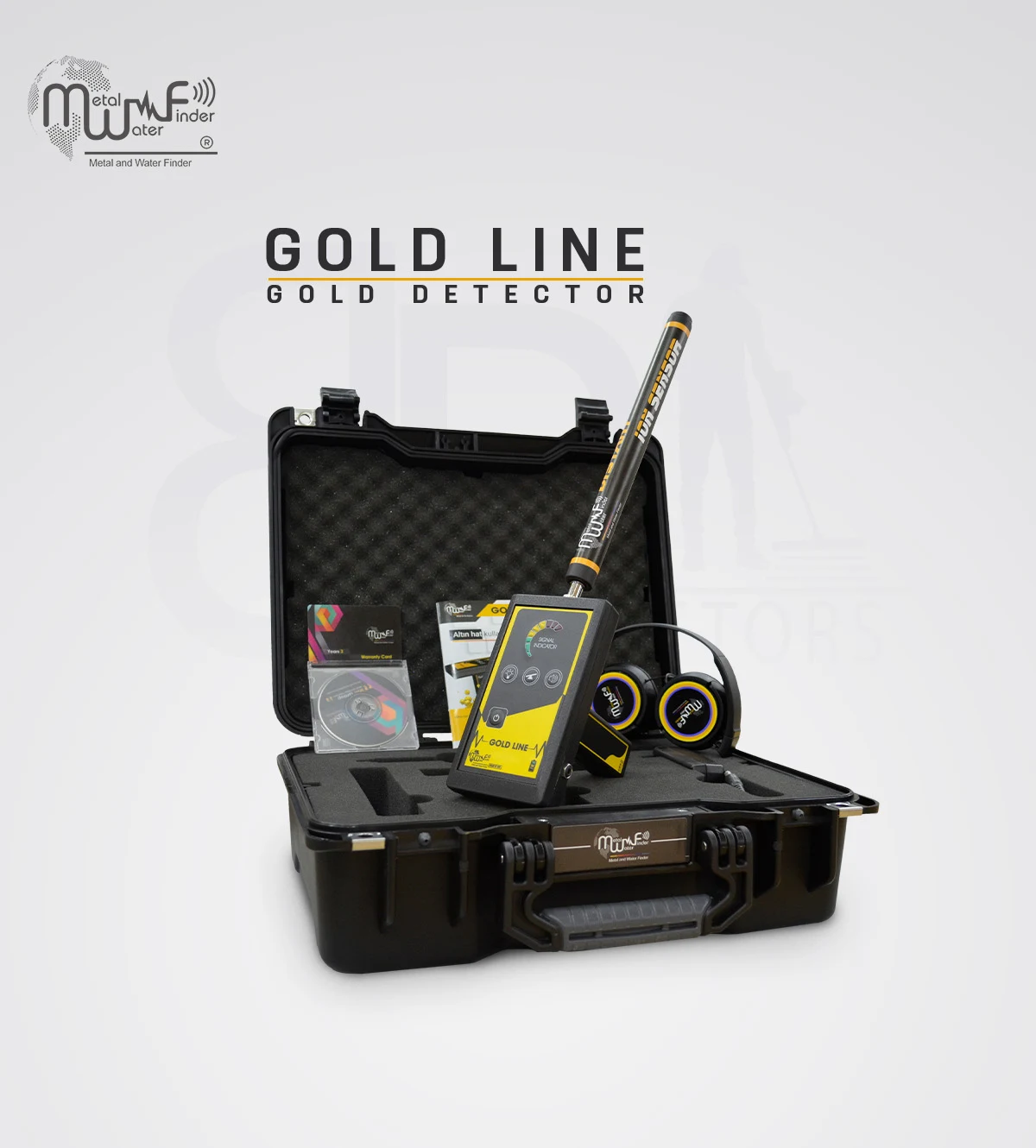Online slot games are some of the most popular forms of digital entertainment, attracting millions of players worldwide. The flashing lights, immersive themes, and promise of instant rewards make them appealing to both casual gamers and serious bettors. Yet, behind the excitement lies a critical question: can these games be trusted to deliver fair outcomes?
Fairness in gambling has always been a sensitive topic, and with online gaming, trust becomes even more vital. Unlike physical slot machines in a casino where you can see the reels spin mechanically, online slots operate entirely on digital algorithms. For many players, this raises concerns about whether the results are truly random or if the odds are stacked in the operator’s favor.
In this article, we’ll explore how online slot games are tested and audited, what players should look for when choosing platforms, and how the industry balances transparency with entertainment.
Understanding Random Number Generators (RNGs)
At the core of every online slot game is a Random Number Generator (RNG). This is a complex algorithm designed to produce unpredictable results, ensuring that every spin is independent of the last. In theory, this creates fairness, as the outcome isn’t influenced by how much you’ve played or whether you’re on a winning streak.
Independent auditors and gaming regulators regularly test these RNGs to verify their integrity. Reputable casinos will submit their slot games to certified labs that simulate millions of spins, analyzing the outcomes to ensure the odds match the game’s advertised return-to-player (RTP) rate. This process is what gives players confidence that the games aren’t rigged.
For players exploring platforms like a non gamstop casino, understanding how RNG auditing works becomes even more important. While these casinos operate outside certain regulatory frameworks, many still rely on third-party testing agencies to build trust. Knowing whether a site publishes its audit certificates can help players separate reliable operators from questionable ones.
Who Performs the Audits?
Not all audits are equal. The credibility of an audit largely depends on who conducts it. Leading independent testing agencies such as eCOGRA, iTech Labs, and GLI are well-known in the industry for their rigorous standards. These organizations run extensive mathematical tests on RNGs and RTP claims, issuing certificates when games meet compliance.
The presence of such certifications on a casino’s website can be a reassuring sign for players. It indicates that the slot games offered have undergone independent scrutiny and that the results are as random as advertised. For regulated markets like the UK, operators are required to have this testing in place as part of their licensing conditions.
On the other hand, unregulated or loosely regulated platforms may not face the same requirements. This doesn’t automatically mean they are unfair, but it does place more responsibility on players to verify whether independent audits have been conducted.
Transparency Through RTP Percentages
Another key aspect of fairness auditing lies in the published RTP, or Return to Player, percentages. This figure represents the average payout a slot game returns over time. For example, a game with a 96% RTP should theoretically return £96 for every £100 wagered, although the outcomes will always vary in the short term.
Auditors check that the actual results of the game match these advertised RTP values. This transparency allows players to make informed choices about which games to play. While an RTP doesn’t guarantee individual results, it does provide a clear indicator of the game’s fairness over thousands or millions of spins.
The Role of RegulatorsSet featured image
Regulators play a critical role in ensuring online slots remain fair and trustworthy. Bodies such as the UK Gambling Commission, Malta Gaming Authority, and Gibraltar Regulatory Authority require operators to have their games tested and certified. These regulators also have the power to revoke licenses if casinos fail to meet compliance standards.
For players, choosing licensed platforms is one of the best ways to safeguard against unfair practices. Licensed casinos not only have audited games but also follow strict rules on player protection, responsible gambling, and financial transparency.
In contrast, platforms operating outside mainstream jurisdictions may not provide the same guarantees. This is where independent research and due diligence become essential. Checking whether an operator publishes audit reports or partners with known testing agencies is a vital step in assessing fairness.
Can Players Verify Fairness Themselves?
While players cannot directly test the RNGs behind slot games, there are ways to gain reassurance. Checking a casino’s licensing details, reading audit certificates, and confirming the involvement of independent testing labs are practical steps. Some operators even allow players to view game histories and spin logs, offering an extra layer of transparency.
Additionally, communities and forums provide anecdotal insights into how games perform. While not scientific proof, consistent player feedback can highlight whether a casino’s reputation for fairness holds up under scrutiny.
Challenges to True Transparency
Despite these measures, achieving absolute transparency in online slots is complex. Players must place trust in auditors, regulators, and operators to ensure systems are functioning as promised. While the majority of licensed casinos take this responsibility seriously, bad actors still exist in the industry.
Furthermore, fairness is not just about RNGs and RTPs. Responsible gambling measures — such as deposit limits, self-exclusion tools, and clear terms and conditions — are equally important in creating a fair playing environment. Auditing for fairness should therefore be viewed holistically, encompassing both game integrity and player wellbeing.
The Future of Slot Game Auditing
Looking forward, technology could make fairness even more transparent. Blockchain-based casinos, for instance, use decentralized systems to allow players to verify outcomes themselves. This concept, known as “provably fair gaming,” has already been adopted by some crypto casinos and may become more mainstream in the future.
Artificial intelligence may also enhance auditing processes, analyzing game data in real time to detect irregularities or patterns that suggest manipulation. As online gambling continues to evolve, so too will the methods for ensuring fairness.
Conclusion
So, can online slot games be audited for true fairness? The answer is yes — provided the right systems are in place. Independent testing labs, regulator oversight, and transparent RTP disclosures all contribute to building trust in digital gaming. For players, understanding these safeguards is key to enjoying slots without worrying about hidden manipulation.
Whether playing on a regulated platform or exploring alternative options, fairness should always be a top priority. Casinos that invest in independent audits and openly share their results demonstrate a commitment to transparency, and those are the operators worth supporting.




